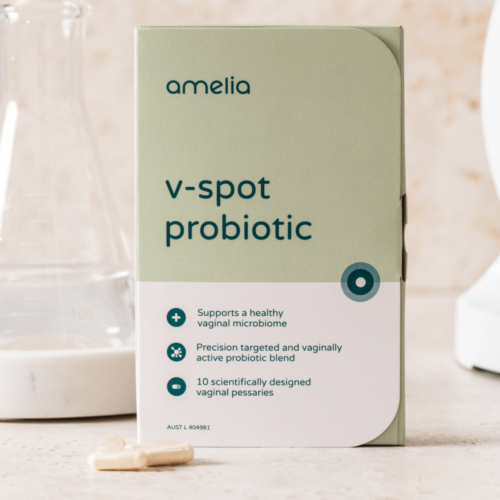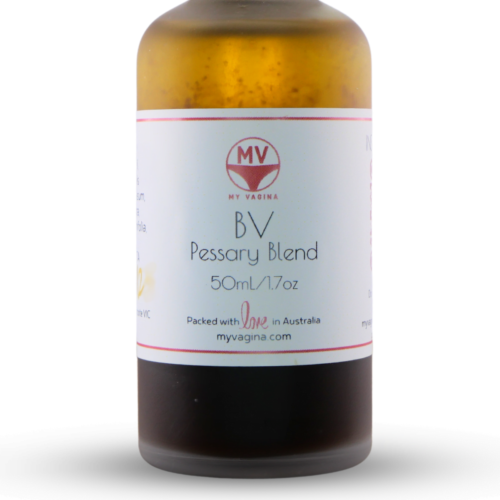Kallmann syndrome is a genetic condition whereby a person has delayed or absent puberty, combined with a poorly functioning sense of smell that is related to hypogonadotropic hypogonadism (HH).
The hormone that dictates sexual development – gonadotropin-releasing hormone (GnRH) – is affected, causing males born with Kallmann syndrome to have an unusually small penis (micropenis) and undescended testes.
Kallmann syndrome at puberty
At puberty, normal male sex characteristics do not develop in males, while affected females usually don’t get their period (primary amenorrhoea) and have little breast development. Puberty may be incomplete or delayed. Untreated Kallmann syndrome means infertility.
Kallmann syndrome appears in one in every 10,000 boys and one in every 50,000 girls, and is passed on to both sons and daughters by mothers, but usually only to daughters from fathers.
Lost sense of smell
The sense of smell is diminished (hyposmia) or absent (anosmia), which is how this condition is differentiated from other hypogonadotropic hypogonadism.
No other HH affects the sense of smell, though this doesn’t become obvious to the person until testing is completed. The sense of smell can never be recovered, and may present some problems in life.
How Kallmann syndrome plays out in a person
Each person with Kallmann syndrome varies, even within the same family. A kidney may not develop (renal agenesis), a cleft lip or cleft palate may occur, as well as the possibility of abnormal eye movements, hearing loss and tooth development issues.
Bimanual synkinesis, a condition whereby the movements of one hand are mirrored by the other, may make life difficult.
There are four types of Kallmann syndrome, types one to four, distinguished by genetics.
Treatment for Kallmann syndrome
Hormone treatments are given to both boys and girls to stimulate puberty. Boys need testosterone and girls need oestrogen and progesterone. Other hormones will be required if/when they wish to make sperm/eggs to have children, which is often possible. Hormone replacement is long-term, but each person is different and the right dose will be unique to them.
Anyone with Kallmann syndrome should keep a good endocrinologist at hand, plus any other specialists as required by certain other physical problems.
Specially formulated probiotic for vaginal application to promote a healthy vaginal microbiome.
Unique, comprehensive BV, AV and 'mystery bad vag' treatment guide, one-of-a-kind system, with effective, innovative treatments.





